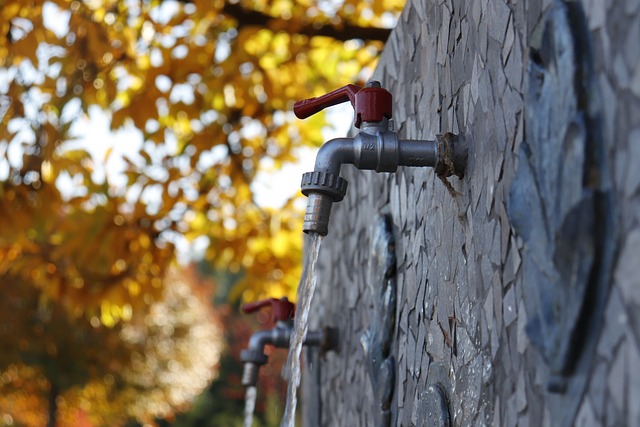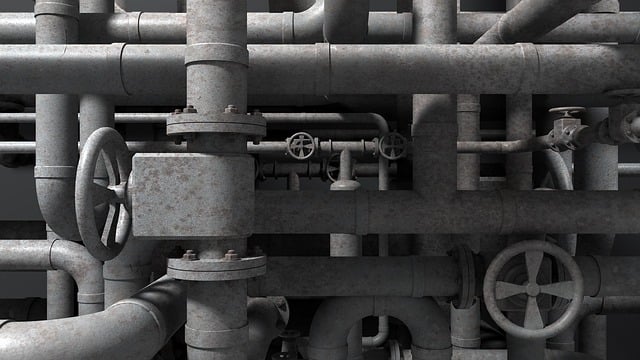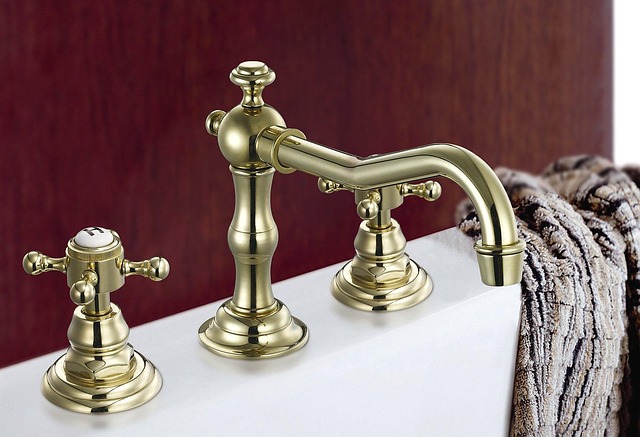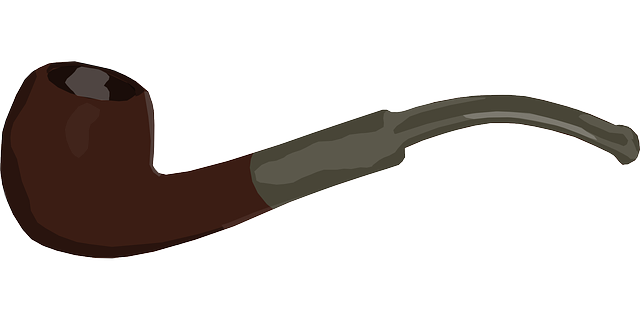Sewer line clogs disrupt homes and businesses, caused by grease buildup, food particles, and debris narrowing pipes. Impact includes backflows, bad odors, unsanitary conditions, and potential property damage. Regular maintenance like drain covers, non-flushable waste avoidance, and professional inspections prevent these issues. By combining simple solutions (hot water, drain snakes) with regular prevention (water softeners, avoiding certain substances) and professional cleaning, homeowners can minimize costly repairs and backups.
Sewer line clogs can cause significant plumbing issues, leading to costly repairs and inconvenient backflows. Understanding the causes and impact of these blockages is crucial for homeowners. This article delves into the common culprits behind sewer line clogs, offers preventive measures, and provides effective solutions for unblocking and maintaining your sewer lines. By implementing these strategies, you can avoid potential disasters and ensure smooth plumbing operation.
- Understanding Sewer Line Clogs: Causes and Impact
- Identifying and Preventing Common Clogging Issues
- Effective Solutions for Unblocking and Maintaining Your Sewer Lines
Understanding Sewer Line Clogs: Causes and Impact

Sewer line clogs are a common plumbing issue that can cause significant disruptions in homes and businesses. Understanding the causes and impact of these clogs is essential for effective prevention and resolution. Several factors contribute to sewer line clogs, including build-up of grease, food particles, toilet paper, and other debris that accumulate over time. These materials can stick to the insides of pipes, gradually narrowing them until water flow is obstructed entirely.
The impact of sewer line clogs is far-reaching. When waste cannot flow freely through the pipes, it backs up into sinks, tubs, and toilets, leading to unpleasant odors, unsanitary conditions, and potential property damage. Moreover, severe clogs may require emergency plumbing services for immediate repair, which can be costly. Regular maintenance and prevention strategies, such as using drain covers, avoiding flushing non-biodegradable materials, and scheduling professional inspections, are crucial in mitigating the risks associated with sewer line clogs.
Identifying and Preventing Common Clogging Issues

Identifying and preventing common clogging issues is key to avoiding sewer line clogs. Regular maintenance can go a long way in keeping your plumbing system running smoothly. One of the primary causes of clogs is the accumulation of grease, hair, and other debris in pipes over time. Implementing simple precautions like using drain covers to catch hair and solid particles can significantly reduce these blockages. Additionally, being mindful of what goes down the drain—avoiding flushing non-biodegradable items or large quantities of cooking oil—can prevent clogs before they start.
Another frequent culprit is tree root intrusion, where roots from nearby plants grow into sewer lines, causing significant blockages. Regular inspection and maintenance can help identify weak spots in your plumbing system, enabling proactive measures like relining or repairing pipes to deter root penetration. Understanding these common issues allows homeowners to take preventive actions, ultimately reducing the likelihood of costly and inconvenient sewer line clogs.
Effective Solutions for Unblocking and Maintaining Your Sewer Lines

Sewer line clogs can be a common and inconvenient problem for homeowners, leading to costly repairs and unpleasant backups. Thankfully, there are several effective solutions to unblock and maintain your sewer lines. One of the most straightforward methods is using hot water. Running scalding water down your drains can help dissolve grease buildup and loosen other obstructions. Additionally, utilizing drain snakes or augers is an excellent way to physically remove hair, soap scum, and other debris that might be causing clogs.
Regular maintenance is key to preventing sewer line clogs. Installing a water softener can reduce the amount of mineral buildup in your pipes, which over time can lead to significant blockages. Additionally, avoiding pouring grease, coffee grounds, or large food particles down your drains significantly reduces the risk of clogs. Consider setting up regular cleaning schedules and enlisting professional plumbers for deep sewer line cleaning to ensure your plumbing system remains in top condition.
